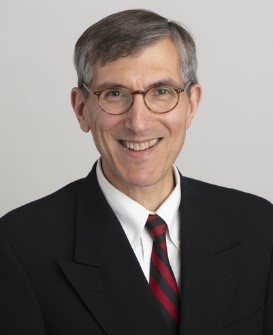Marks eyes gene therapy development pilot, sees uptick in successful RMAT requests
 Biologics/ biosimilars/ vaccinesBiotechnologyChemistry, Manufacturing and Controls (CMC)Clinical TrialsComplianceNorth AmericaPharmaceuticalsQuality Assurance and ControlRegulatory Intelligence/Policy
Biologics/ biosimilars/ vaccinesBiotechnologyChemistry, Manufacturing and Controls (CMC)Clinical TrialsComplianceNorth AmericaPharmaceuticalsQuality Assurance and ControlRegulatory Intelligence/Policy